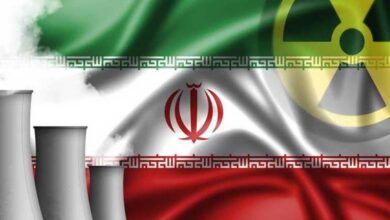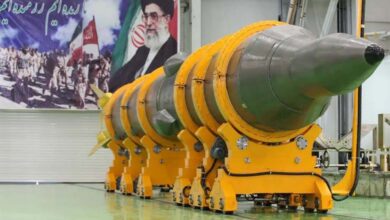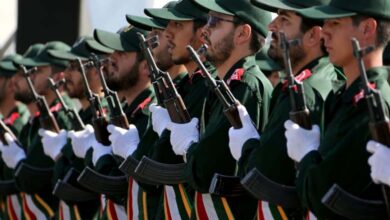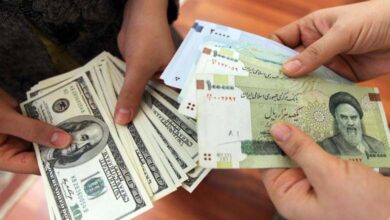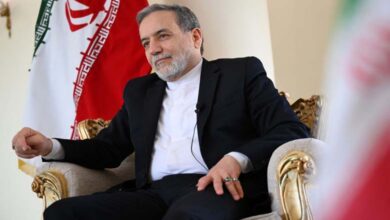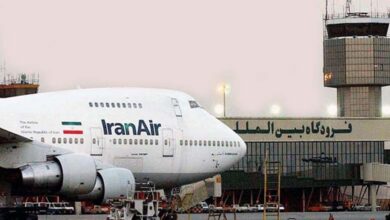Iran is using negotiations with the West to expand its sphere of influence in the Middle East
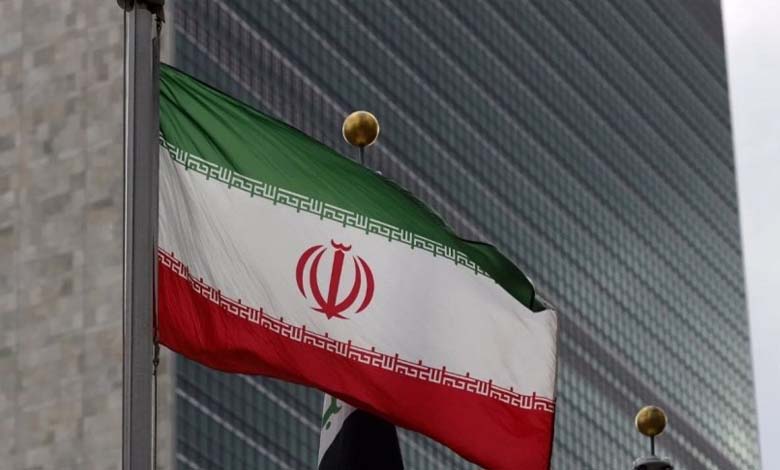
While the world’s attention has focused on the Vienna talks and working toward a nuclear deal with Iran, Tehran is expanding its operations in Syria, Lebanon, and Iraq through its proxies and militias. Iran has been lobbying Western powers to halt the IAEA’s investigation into Iran’s undeclared nuclear activity and the United States has eased restrictions on commercial transactions with Iranian companies linked to the Islamic Revolutionary Guard Corps.
Pressure paper
The Iranian regime exploited the ongoing negotiations on the nuclear agreement to direct its militias that are deployed in the Middle East to strike a U.S. position in Syria last week. There is some evidence that the missiles came from Iraqi territory according to the American magazine Newsweek. American forces responded and destroyed three cars and some equipment.
The American magazine continued in its report that the reason behind Iran’s expansion of its operations in Syria and Iraq during the negotiations period is to assure the world that it has other cards to pressure the United States and that it still controls the course of things inside Iraq, which is suffering from a major political crisis after the Iraqi people refused to elect pro-Iranian parties in the legislative elections that took place last October, and the pro-Iranian Shiites lost control of the parliament.
Spoiling negotiations
According to the magazine, Lebanon is facing another crisis because of Iran as well as its proxies. The American envoy was working on two related items: how to introduce natural gas into Lebanon and how to delineate the maritime border between Lebanon and Israel. Meanwhile, Hezbollah, Iran’s arm in Lebanon, which has also lost its popularity, is trying to spoil these negotiations, on the grounds that there are no negotiations with Israel and that the fields belong to Lebanon. She added that the latest thing reached was the delivery of Egyptian gas to Lebanon through Israeli pipelines in order to save Lebanon from the major economic crisis. Hezbollah rejects this proposal, however, said American energy envoy Amos Hochstein, in order to obtain gas from Egypt must pass either through Jordan, Syria or Israel, which is categorically rejected by Hezbollah and Lebanon.



